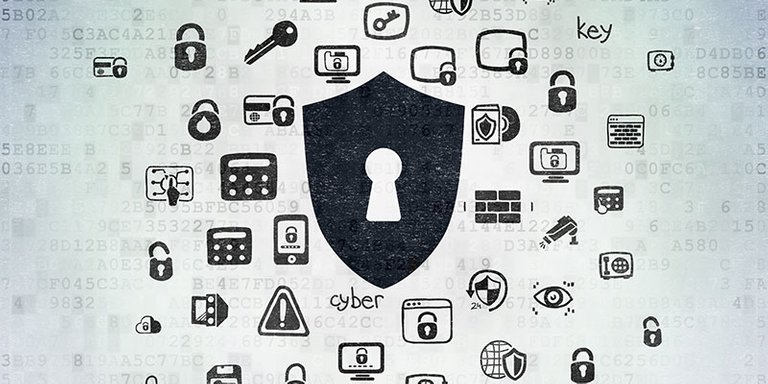There are several different ways to safely store your private keys. Two common methods involve hardware storage and local filesystem storage. The first one is usually controlled by who is issued the hardware device. If you plan to use a hardware storage method, you should ensure that there is a clear process for issuing, verifying, and collecting private keys. In contrast, local filesystem storage makes use of filesystem protections and Access Control Lists. Either way, you should make sure that you have an established process for granting access.
Encrypting your private key
Encrypting your private key for safe storage is an excellent idea, and one of the most convenient ways to do so is with paper wallets. This type of wallet is impenetrable to cyber-attacks and can be stored anywhere, including a remote server. The private key is stored separately and must be kept confidential. Keeping the private key confidential is essential because it makes your private messages more secure and will not be shared.
Private keys are similar to fingerprints in that they should be protected as well. However, they cannot be stored in plain text because the private key can be stolen. Governments and hackers can use malware to get hold of private keys, which defeats the purpose of private key cryptography. Even pickpockets can steal private keys, and the private key can be stolen. Therefore, protecting it is essential. To do this, you need to secure your private key with strong encryption, which will protect it from unwanted users and third parties.
Storing it on a piece of paper
Keeping your private keys on a piece of paper is a secure way to store your crypto currency. Ensure that you laminate your paper wallet after printing it, and do not store it near fire or water. It should be stored in a safe, distant place, out of the reach of children and pets. If possible, fold the paper wallet and store it on a dark background. Aside from being safe and secure, this method also offers you a high degree of flexibility.
However, paper wallets are vulnerable to destruction due to fire or flood. However, stainless steel can be destroyed if it were to catch fire. Fortunately, there are cold storage solutions, which allows you to engrave your private key in the metal. The paper wallet can also be kept offline in different locations. It is highly recommended to keep a copy of your private keys in a safe place so that only those with access to your funds have access to it.
Storing it in multiple locations
Many people store private keys on their computer, phone, or some other internet-connected device. While this can be convenient, it leaves you open to hackers, phishing scams, viruses, and malware. By storing your private keys in multiple locations, you'll ensure that they remain secure and safe from compromise. Here are some tips for storing your private keys safely. All of them are recommended by experts. To prevent unauthorized access to your private keys, use HSMs or other types of security devices.
For maximum security, store private keys in offline and online storage. The advantages of cold storage are that hackers cannot access your private keys while they are offline. The disadvantage is that it is less convenient and may introduce additional risks. Therefore, it is important to have backup copies of your private keys. For long-term storage, consider using password-protected mobile devices and desktop computers. Hardware wallets can help you achieve cold storage by signing transactions without compromising your private keys.
Using a hardware wallet
Hardware wallets are great for storing private keys. You should never publish your 24-word recovery sheet online, and you should also keep your hardware wallet in a safe place, away from your computer. They offer a high degree of security against various threats, including sim-swap attacks and fake URLs. They are not perfect, but they provide a high degree of protection for your crypto funds.
A hardware wallet encrypts your private keys with a PIN or optional passphrase. It's better than sending your private keys through the internet, and you won't need to worry about them being stolen. Hardware wallets also come with seed phrases that can be used to regenerate your private key or move it to another hardware wallet. If you lose your wallet, a seed phrase is a backup.
Using a software wallet
Unlike hardware wallets, software wallets are installed on your personal computer. While this may be convenient, it also leaves your private keys open to the internet. Hackers may get hold of your private keys if your computer is compromised by malware or a remote takeover. Additionally, mobile wallets are not secure and cannot prevent hackers from accessing your funds. Therefore, storing your private keys on a desktop is not a good idea.
It is advisable to create a backup of your software wallet at regular intervals. While software wallets do provide some security, they are still vulnerable to supply chain attacks. Malicious parties can install malware on your device before it reaches you. To protect your private keys, choose a malware-free software wallet and purchase it from a trusted reseller. Be careful to avoid fake apps in the app store.
Posted Using LeoFinance Beta
